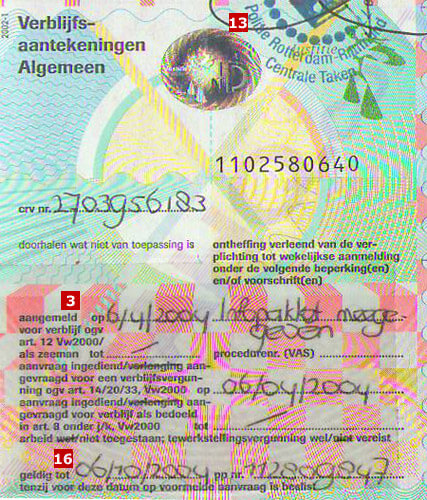Netherlands Embassy list in Libya
Need help?Chat with us
Importance of Trip Registration at the Netherlands Embassy
Registering your trip with the Netherlands embassy is crucial for ensuring your safety and well-being while traveling abroad. In times of crisis, such as natural disasters, political unrest, or medical emergencies, the embassy can quickly reach out to registered travelers, providing vital information and assistance. For instance, during an earthquake, the embassy can inform you about evacuation routes and shelters. In the case of political unrest, they can advise on safe areas and potential travel bans. Furthermore, if you face a medical emergency, they can facilitate access to appropriate healthcare and support services. By registering your trip, you ensure that you are connected and supported in unpredictable situations, enhancing your overall travel experience and safety.
Netherlands Embassy FAQs
Can the Netherlands embassy assist in legal issues abroad? Yes, the Netherlands embassy can provide guidance on local legal processes and may assist you in finding legal representation while abroad.
What should I do if I lose my Netherlands passport in Libya? If you lose your passport, report the loss to the local authorities and visit the embassy for assistance in obtaining a replacement or an emergency travel document.
Do I need a visa to enter Libya if I have a Dutch passport? Yes, Dutch nationals generally require a visa to enter Libya. It’s advised to check the latest entry requirements before traveling.
Can the embassy help with finding accommodation? While the embassy may not arrange accommodation, they can provide information on local hotels and recommended areas to stay.
What steps should I take if I am detained while abroad? Contact the Netherlands embassy immediately for assistance. They can help facilitate communication with local authorities and provide legal resources.
Services Provided by Netherlands Embassies in Libya
Passport Services
- Issuance of new passports
- Renewal of existing passports
- Replacement of lost or stolen passports
Visa Issuance for Foreign Nationals
- Processing visa applications for foreign nationals wishing to visit the Netherlands
Assistance in Legal or Medical Emergencies
- Guidance and support in legal matters
- Assistance in accessing medical care
Travel Alerts and Safety Updates
- Issuing alerts regarding travel safety and security
- Providing regular updates on local conditions
Support for Nationals Detained Abroad
- Providing assistance and resources to nationals detained or incarcerated
Summarized Diplomatic Presence
The Netherlands maintains a diplomatic presence in Libya to foster strong bilateral relations and provide essential services to its citizens. The Netherlands embassy in Tripoli is the primary diplomatic mission, focusing on political, economic, and cultural cooperation while ensuring the safety and welfare of Dutch nationals. By engaging with Libyan authorities and organizations, the embassy promotes mutual interests, addressing key issues such as trade, security, and human rights. This presence is crucial in navigating the complex political landscape of Libya while enhancing collaboration between the two nations.
